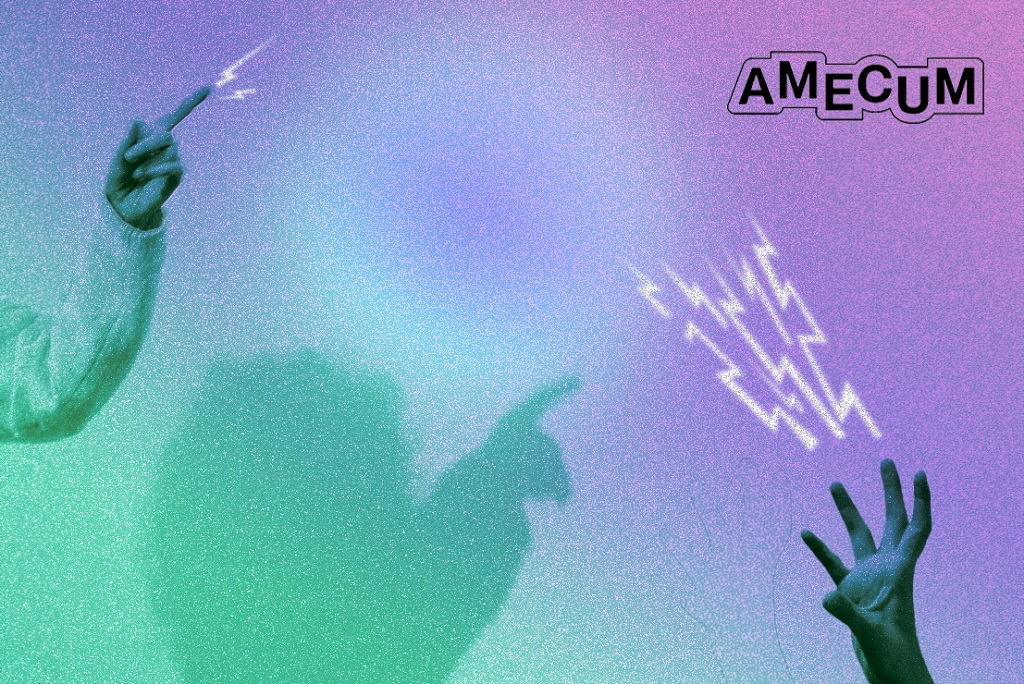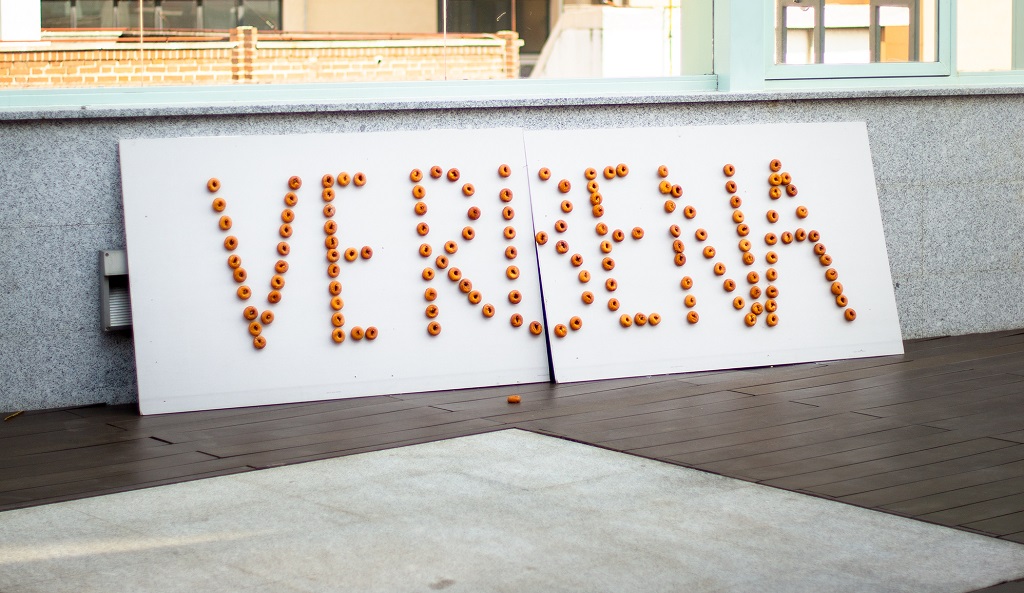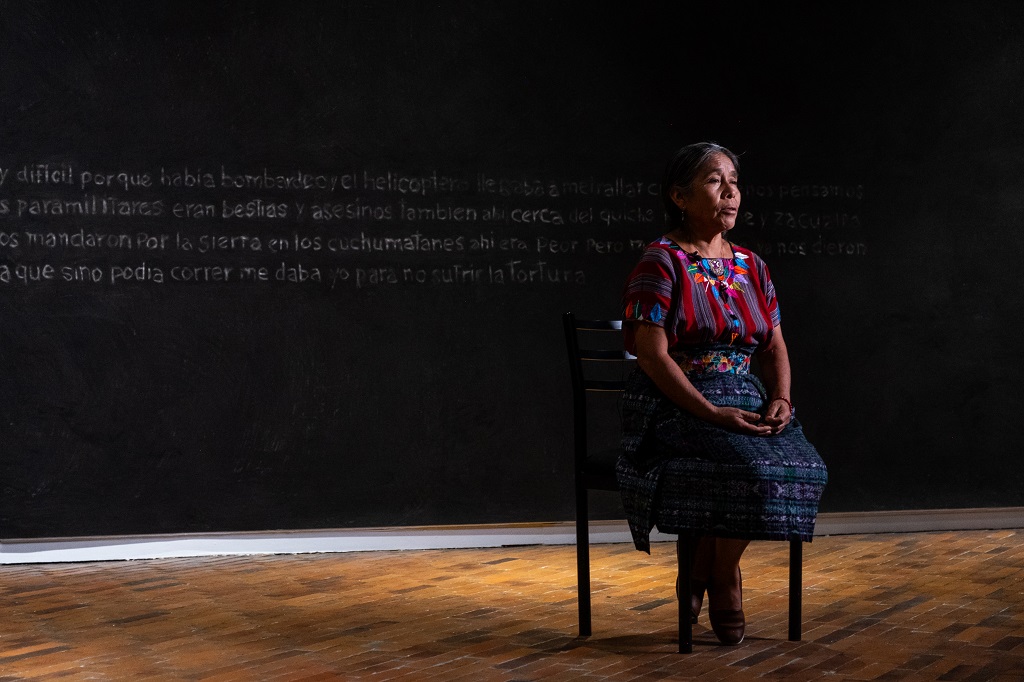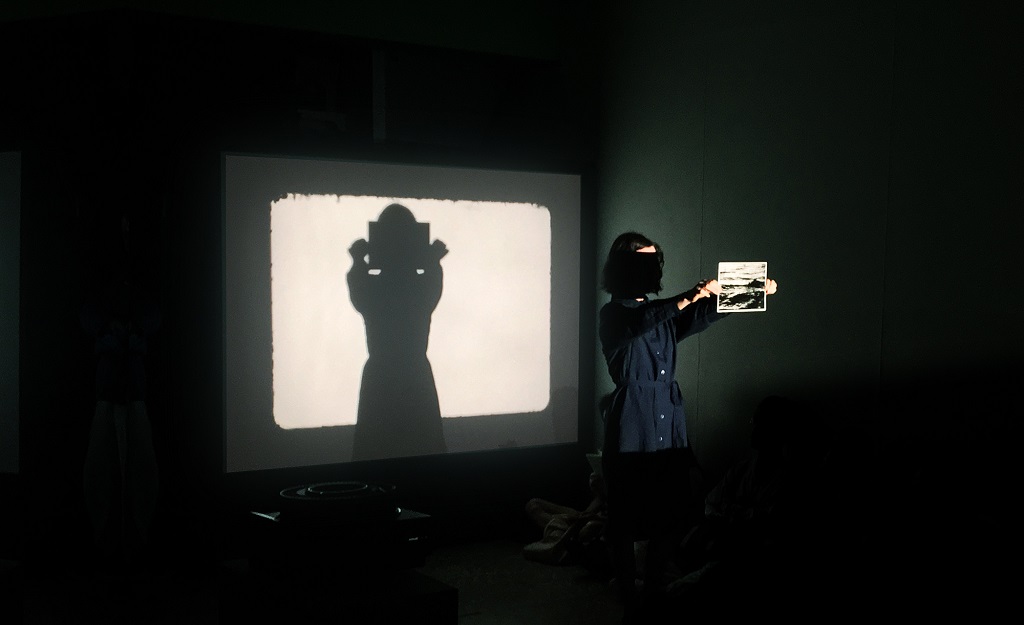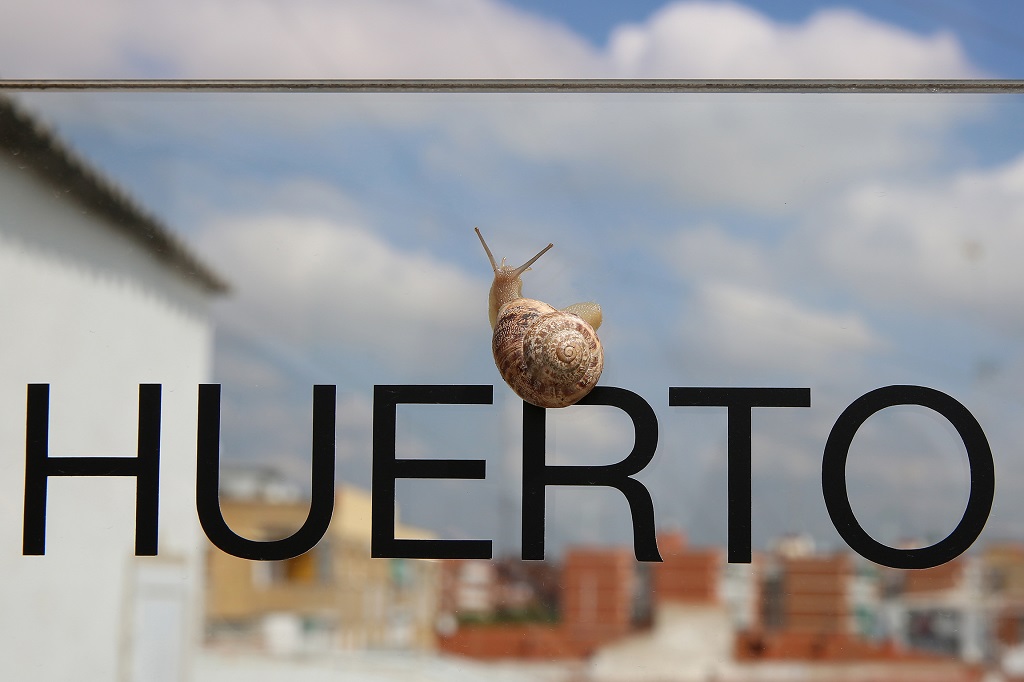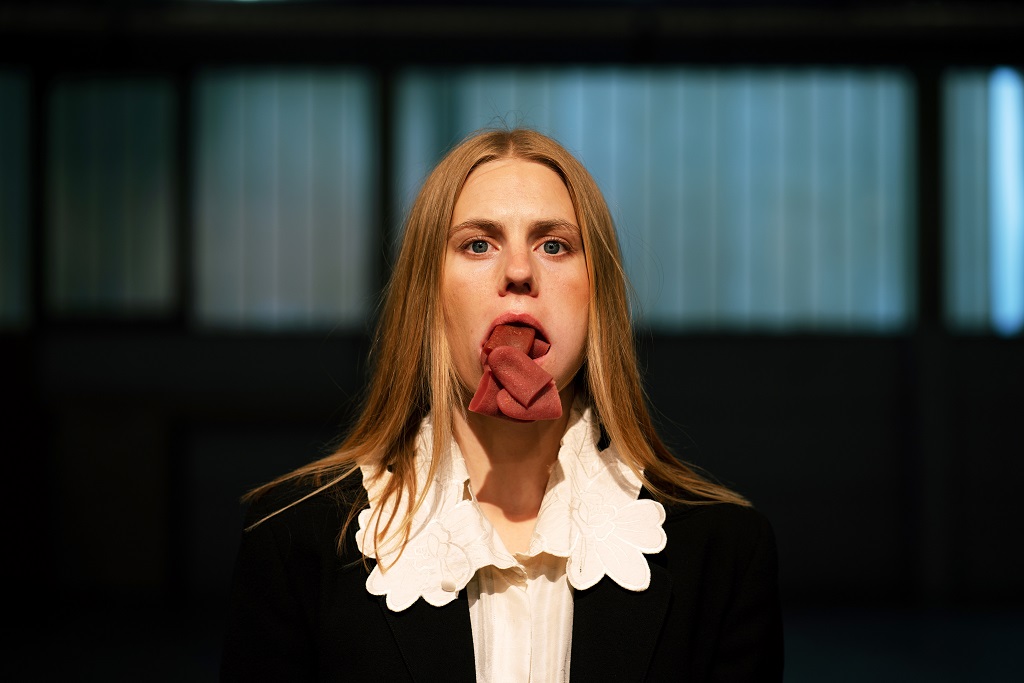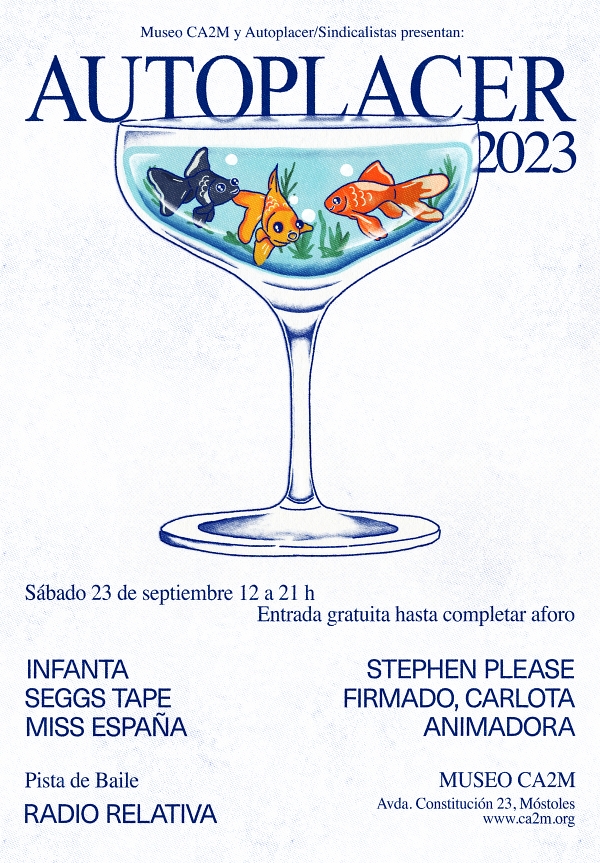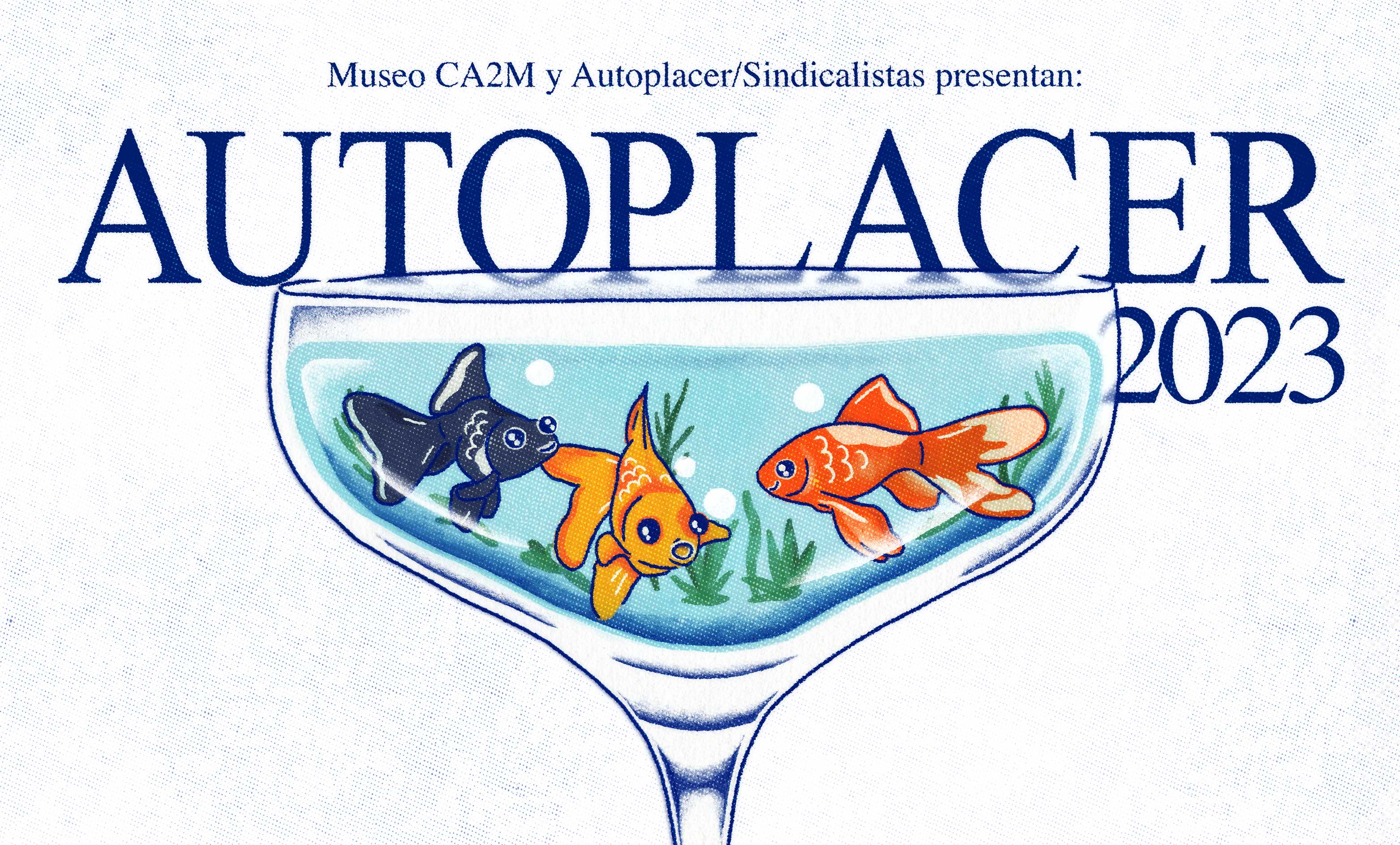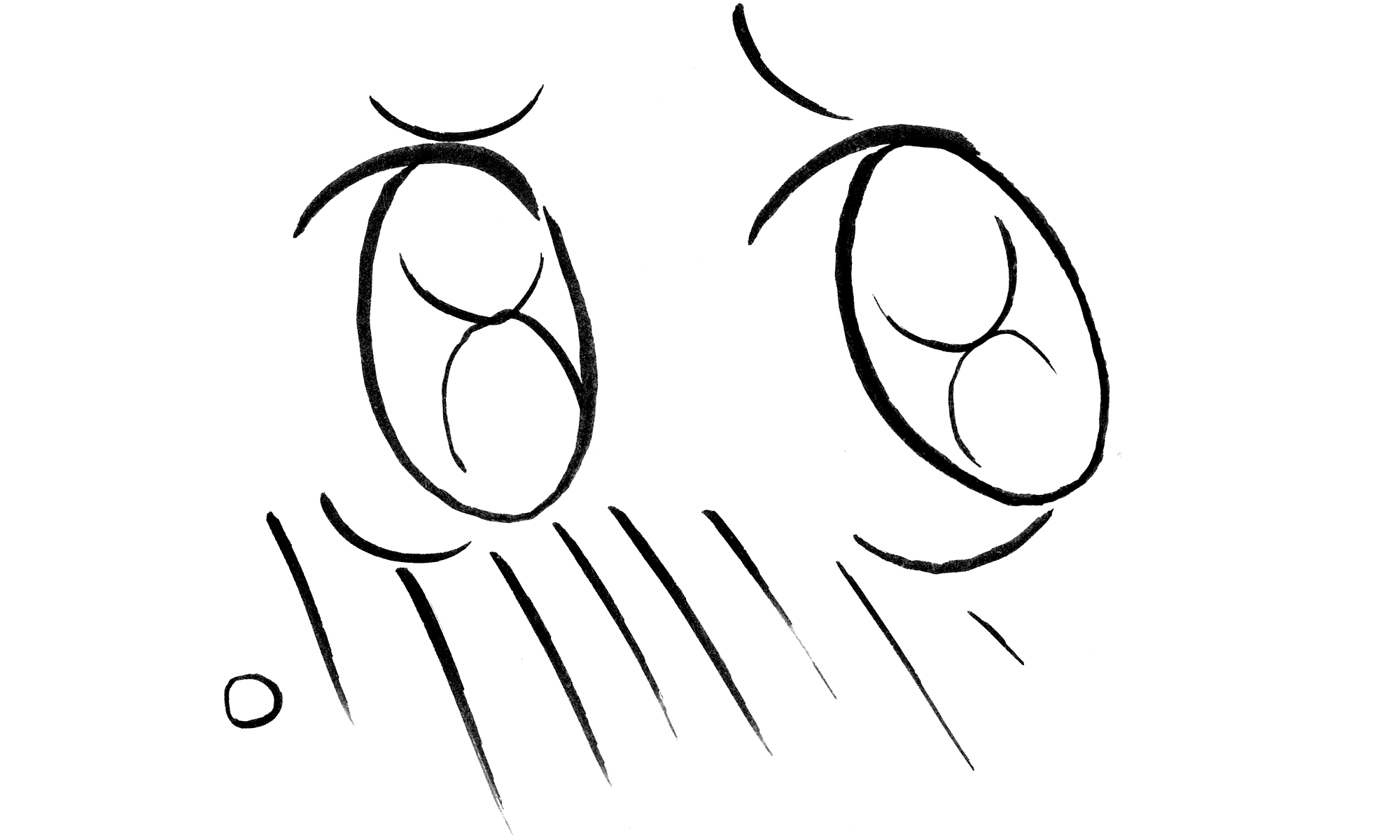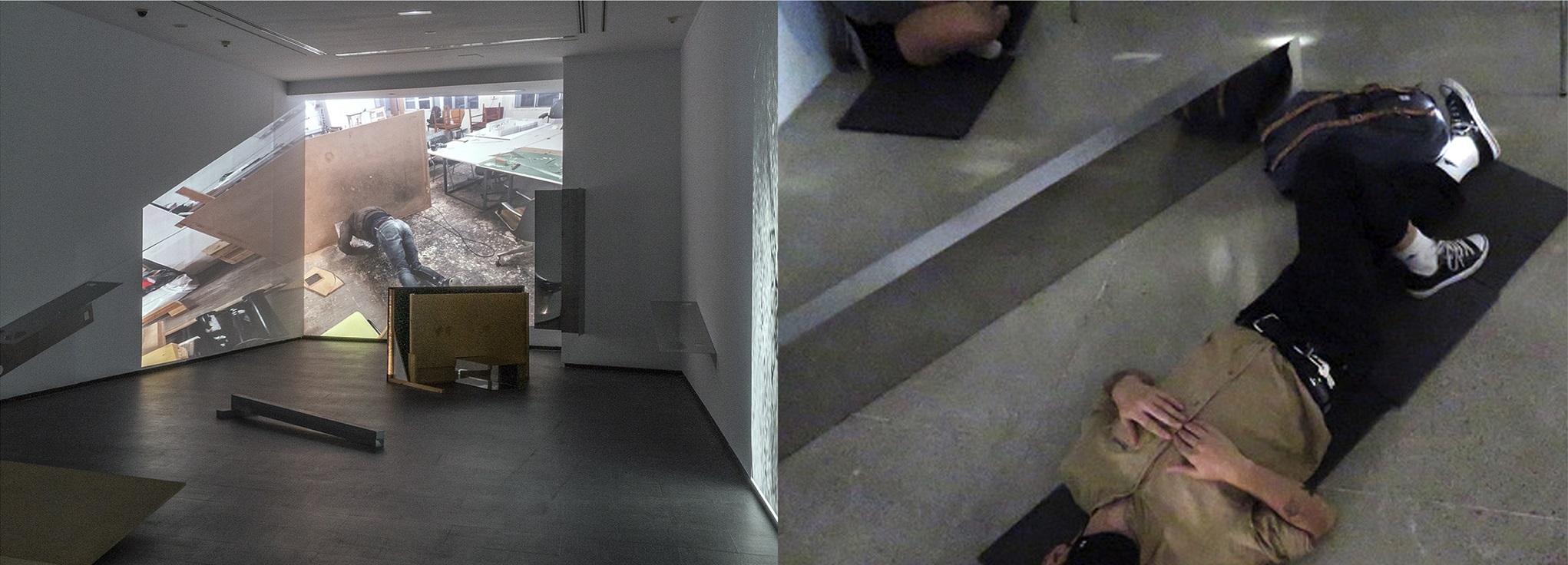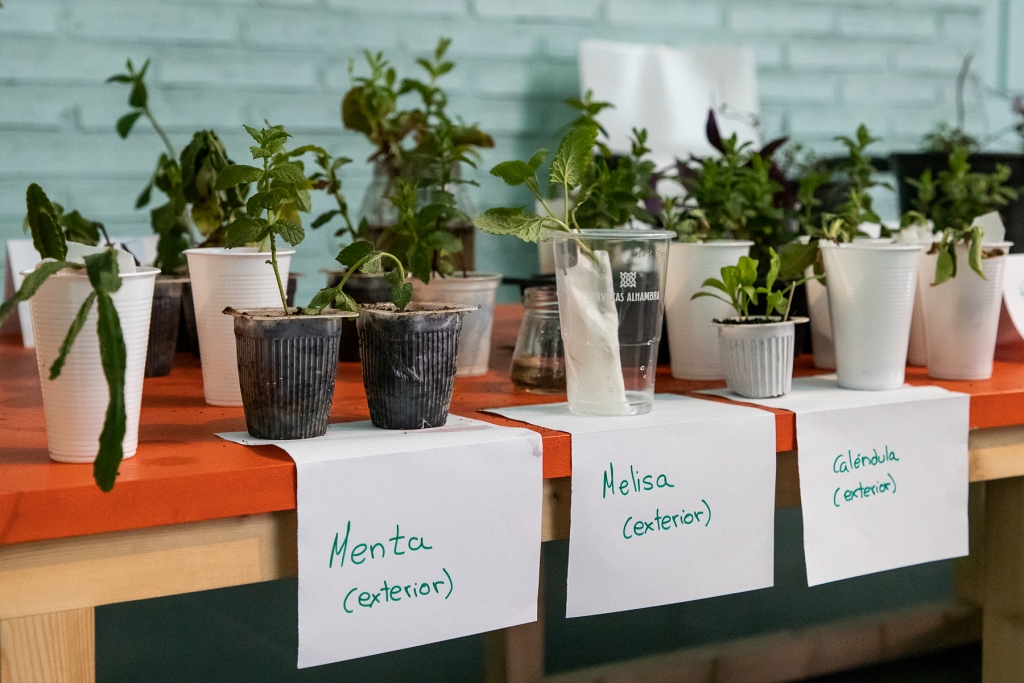AUTUMN 2024
It’s time to get our hands dirty to understand, on-site, what it means to keep soil alive. In this series, we’re going to teach you how to cultivate your own organic garden while also sharing tips and useful practices so you can make the most of its potential in the city and make our day-to-day lives more sustainable. We’ll begin by taking out the summer crops to make room for the autumn-winter ones.
Friday 20 September. Introduction to regenerative agriculture. 11:30 am to 1:30 pm
Our farm soils are increasingly degraded, and now’s the time to begin understanding how the earth that feeds our plants works in order to help to improve its fertility in our crops.
Friday 27 September. Hands dirty. 11:30 am to 1:30 pm
It’s time to get our hands dirty to understand, on-site, what it means to keep soil alive. Plus we’ll begin to take out the summer crops in order to make room for the autumn-winter ones. In this series, we’ll teach you how to grow your own organic garden while also sharing tips and useful practices so you can make so you can make the most of its potential in the city and make our day-to-day lives more sustainable.
Friday 4 October. Know your soil. 11:30 am to 1:30 pm
In this workshop, we’ll share tips about what our soil is like and what we can do to improve its fertility.
Friday 11 October. Seed harvest. 11:30 am to 1:30 pm
Growing our own seeds is a good way to protect biodiversity and not depend on having to buy them every year. We’ll offer advice on how to harvest and store seeds so you can use them next year.
Friday 18 October. Autumn planting. 11:30 am to 1:30 pm
We’ll grow what we have decided together to plant so they can begin offering their yields in the upcoming months and we can enjoy healthy, ecological, local produce.
Friday 25 October. Let’s make recycled paper. 11:30 am to 1:30 pm
But it’s not just any paper; it’ll be paper that you can plant to sow life after you use it.
Friday 8 November. Superstitions and beliefs about wild herbs. 11:30 am to 1:30 pm
Weeds versus herbs that cure. How much do we know about the properties and culture of harvesting the herbs that grow around us?
Friday 15 November. Moss-graffiti. 11:30 am to 1:30 pm
We’ll paint with the moss growing in Móstoles to decorate our walls.
Friday 22 November. Pottery for indoor plants I. 11:30 am to 1:30 pm
Let’s spark your creativity through clay to create self-watering pots for your favourite plants.
Friday 29 November. Pottery for indoor plants II. 11:30 am to 1:30 pm
We’ll finish our crafts and learn how to use our clay pots.
Friday 13 December. Christmas arrangements and wreaths. 11:30 am to 1:30 pm
We’ll make Christmas decorations to bedeck our houses during Christmastime using plastic-free materials.
_____________________________________________________________________________
THE VEGETABLE GARDEN IN THE CENTRE
The spring planting season is beginning, and the possibilities are infinite. In this series, we’ll teach you how to grow your own organic garden while also sharing useful tips and practices to make the most of its potential in the city and make our day-to-day lives more sustainable.
Friday 5 April. Planting flowers in the garden. 11:30 am—1:30 pm
We aren’t always aware of how valuable flowers are in a vegetable garden, not only because of their unique aesthetics but also because of their medicinal properties and the importance of introducing them into our organic gardens to support our crops’ development.
Friday 12 April. Spring planting. 11:30 am—1:30 pm
Now that we’ve designed what we want to plant, it’s time to roll up our sleeves and get our hands dirty.
Friday 19 April. Planting and reproducing herbs. 11:30 am—1:30 pm
Another major ally in the vegetable garden is herbs. In this session, we’ll learn how to care for them, reproduce them and use them for both our own benefit and their usefulness in the garden.
Friday 26 April. Let’s make our own fertiliser. 11:30 am—1:30 pm
What’s an organic garden without a few basic lessons on how to make compost? Compost is essential to our plants’ growth and a key point in making a sustainable vegetable garden.
Friday 9 May. Natural remedies against pests and diseases in the garden. 11:30 am—1:30 pm
It’s important to know how to prevent problems in the garden that could ruin your harvest, along with possible ways to deal with them in organic farming.
Friday 17 May. Cleaning without toxins. 11:30 am—1:30 pm
Our home is where we spend the most time over the course of the day, so it’s important to pay attention to the type of products we use to clean it to avoid accumulations of toxic products.
Friday 24 May. Wax wrappers. 11:30 am—1:30 pm
Continuing with the theme of sustainable homes, we’re offering a practical workshop to learn how to make wrappers that replace the typical tin foil or plastic wrap. Come try it and see how you’ll fall in love with this simple technique.
Friday 31 May. Do we know how to recycle? 11:30 am—1:30 pm
By now, recycling has been part of our lives for decades, but do we really know how to recycle each product we want to throw away?
Summer Cutting Exchange. 5 June. 6—8 pm
In this Cutting Exchange session, not only can you bring your small indoor plants, as always, but we also want to encourage you to bring garden flowers to exchange as well.
Friday 7 June. The garden in the summer. 11:30 am—1:30 pm
It is becoming harder and harder to deal with heat waves in our vegetable gardens. In this workshop, we’ll give you a few tips so that your garden yields the bounty you want without drying up along the way.
Friday 14 June. Solar lunch. 11:30 am—1:30 pm
As always, we’ll finish the year with a very special farewell meal. We’ll cook in our solar kitchens and enjoy a pleasant picnic with zero energy expenditure.
Xisela García Moure has been putting farming and sustainability techniques into practice in the city for more than ten years. A member of the Instituto de Transición Rompe el Círculo and a resident of Móstoles, she is aware of our city’s possibilities and interests. An expert in organic farming and permaculture, she has worked in different estates and urban agriculture projects, and this year she aims to put her knowledge into practice by focusing on a greener Móstoles that is more aware of this great town’s needs.
The possibilities afforded by learning about the nature around us include more than just growing our own food. These months, we’ll explore local plants to learn what benefits we can gain from them and to make our own everyday items by collecting and transforming them.
Friday 19 January. Kokedama. Bring it from there to here. 11:30 am—1:30 pm
Kokedama is a Japanese technique of keeping plants at home without pots. In addition to being a beautiful way to keep plants indoors, they also offer us the chance to learn more about our flora and how to care for them.
Friday 26 January. Hanging plants. A macramé workshop. 11:30 am—1:30 pm
We plant lovers like to fill as many spaces as possible with greenery. Hanging plants are a good way to fill places that would otherwise be out of reach. Learn how to make hanging pots with macramé, and along the way learn a bit more about how to care for creeping or hanging plants.
Friday 2 February. Art to ‘dye’ for[AS1] . Understanding natural dyes. 11:30 am—1:30 pm
One way or another, the majority of colours we know of come from the flora around us. This is a fun way to make prints using a very simple technique for creating decorations with plant motifs.
Friday 9 February. Soap workshop. Care for your skin while caring for the planet. 11:30 am—1:30 pm
This is a simple workshop where you can make your own soap using natural materials and learn about homemade natural cosmetics.
Friday 16 February. Candles and air fresheners. Another way of viewing our home. 11:30 am—1:30 pm
Learn more about the properties of plants, this time with a look indoors. After all, that’s where we spend most of the day, so it should be a safe, toxin-free space.
Understanding where our food comes from and how it is produced is the first step towards a healthy, sustainable diet. Join us and learn how to make seedbeds and different organic farming techniques.
Friday 8 March. Drop by drop. 11:30 am—1:30 pm
It may not seem like it, but the time of year when water is increasingly scarce is approaching, so we have to use piped water to water our crops. Learning techniques to lower the amount of water needed for plants helps to lessen the hydric stress on our environment during the summertime.
Friday 15 March. A garden in the city. 11:30 am—1:30 pm
This workshop will answer questions and teach you how to grow plants in the city, an artificial system where we can all do our part to make it as natural as possible.
Wednesday 20 March. SPRING CUTTINGS. Exchange of vegetable seeds 6—8 pm
In addition to being able to bring your indoor plants, as always, at this cutting session we want to expand the possibilities by sharing vegetable seeds and seedlings for those who like growing their own food. Plus, we’ll also hold a mini-workshop on vegetable gardens on terraces.
Xisela García Moure has been putting farming and sustainability techniques into practice in the city for more than ten years. A member of the Instituto de Transición Rompe el Círculo (Break the Circle Transition Institute) and a resident of Móstoles, she is aware of our city’s possibilities and interests. As an expert in organic farming and permaculture, she has worked on different estates and urban farm projects, and this year she aims to put her knowledge into practice by committing to a greener Móstoles that is more aware of this large town’s needs.
